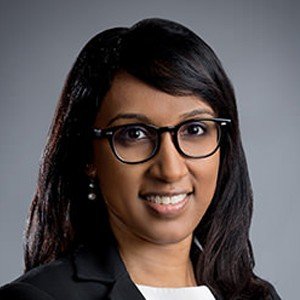Singapore: Importance of the use of a registered mark in a revocation action
31 October 2022

Singapore: Importance of the use of a registered mark in a revocation action
In Singapore, a registered trademark may be susceptible to cancellation if it has not been used within five years from completion of registration, or if such use has been suspended for a continuous period of five years or more. The following case is a reminder.
Comfort Lab Inc., also known as Kabushiki Kaisha Comfort Lab (the registered proprietor), owned the registered trademark “COMFORTLAB” for “coats; sweaters; shirts; underwear (underclothing); nightwear; socks and stockings; T-shirts; headgear for wear; shoes and boots; all included in Class 25” (the subject mark). Choi Sun Mi, CEO of ComfortLab Co., Ltd. (the applicant), from South Korea, applied to revoke the mark on ground of non-use.
In order to defeat the application to revoke its trademark registration, the registered proprietor must prove the five “W”s, as follows:
-
WHERE: That the trademarks in question have been used in Singapore;
-
WHEN: That those marks have been used during those relevant time periods defined by the statute;
-
WHICH: That those marks have been used in relation to the goods for which the marks have been registered;
-
WHO: That those marks have been used by the proprietor or with his consent; and
-
WHAT: That there has been use of the mark, either in the form in which it has been registered or in forms which does not alter the distinctive character of its registered form.
It is pertinent to note that the five “W”s are cumulative requirements and if the registered proprietor fails to show one of the “W”s, the application for revocation of the registered mark should be granted.
In the above mentioned case, despite the fact that the president of the registered proprietor deposed that it had used the subject mark in relation to “shoes and insoles”, their evidence filed showed use on “insoles” only. As the subject mark was not registered in respect of insoles, and the closest goods for which it was registered were “shoes”, the registered proprietor attempted to conflate “shoes” and “insoles” by referring to them as “shoes and insole products” in the evidence and written submissions.
Rebutting the above, the applicant submitted that the Oxford Advanced American Dictionary defines “insole” as “a piece of material shaped like your foot that is placed inside a shoe to make it more comfortable” and, therefore “insoles” and “shoes” are two different types of goods. The assistant registrar agreed and held that while the two types of goods are complementary, the use of the subject mark on “insoles” could not be said to be the same as on “shoes” to sufficiently defend a revocation action for non-use.
Apart from the above, the proprietor also had not adduced any evidence of use of the remaining goods (coats; sweaters; shorts; underwear (underclothing); nightwear; socks and stockings; T-shirts; headgear for wear; boots) in respect of which the subject mark was registered.
Accordingly, the assistant registrar allowed the application for revocation and revoked the subject mark as from January 19, 2018.
It bears noting from this decision that use of a registered trademark should be in respect of the actual goods or services for which it was registered, and that the use in respect of some related goods or services will not serve as a defence to a revocation action for non-use.









